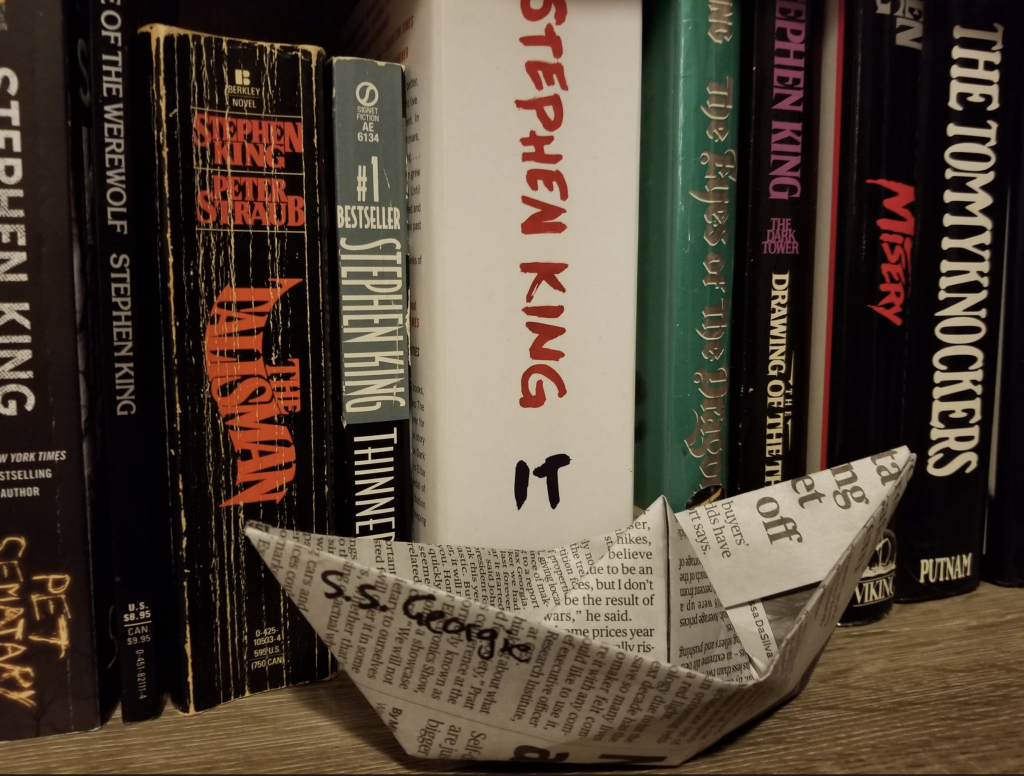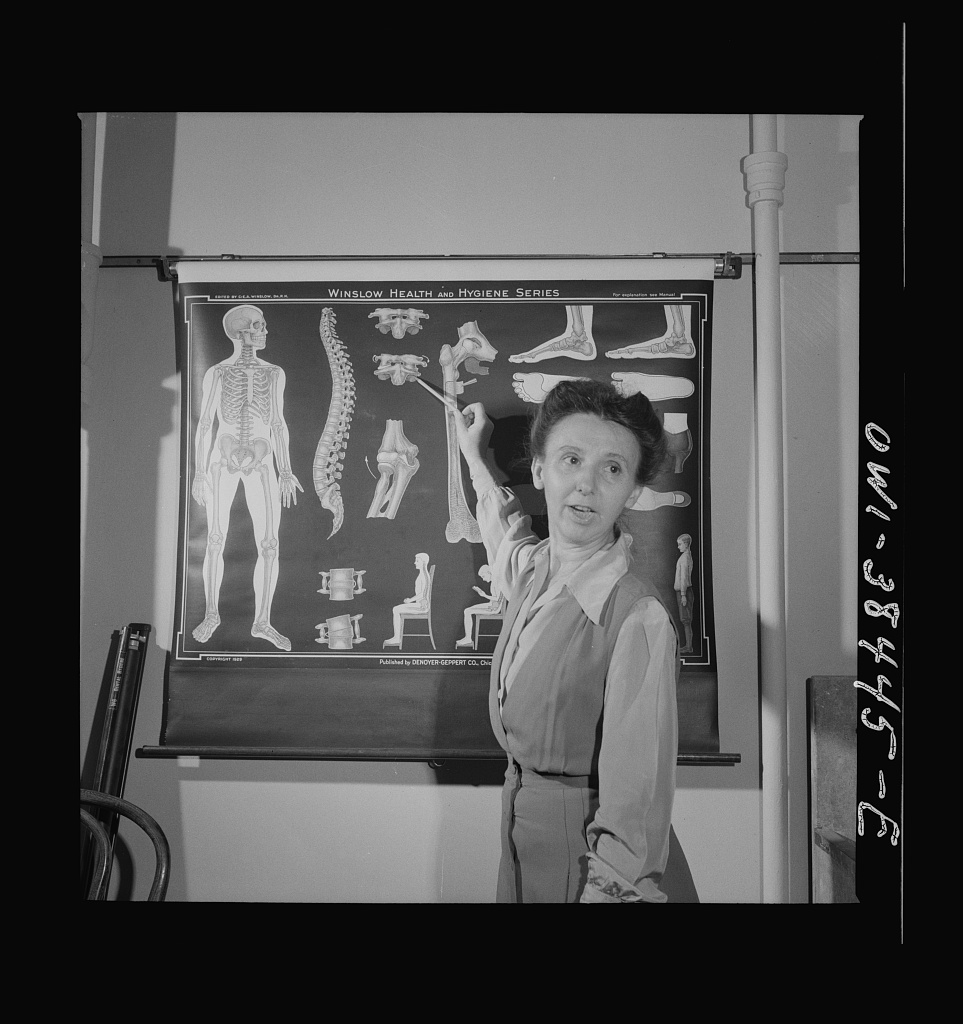
I enjoy interdisciplinary, collaborative teaching that draws upon University and community resources (like archives, artists, and museums) to facilitate student learning. I have experience teaching across disciplines, at the undergraduate, graduate, and professional level, as the instructor of record and in collaboration with faculty from multiple disciplines. In this section you will find course descriptions for courses I have taught and co-taught. Syllabi are available upon request.
Graduate Teaching
PADM590: “Biology, Technology, and Ethics for Public and Health Administration Officials”
Spring 2020, University of New Mexico School of Public Administration

Course Description: We live in a world saturated in ever-advancing technology. Although this technology has improved our personal and professional lives, it also raises contentious ethical issues and dilemmas. From artificial intelligence in the clinical setting to government facial recognition to identify citizens, we have reached a critical moment in society that calls for an informed population that can not only understand the issues at hand, but engage in well-reasoned discourse to promote more balanced policy and organizational application of technology.
In this course we will develop the tools to address today’s most pressing biological and technological ethical issues and dilemmas. The course will begin with an introduction to ethical principles and theories. We will then develop the reading, reasoning, and communication skills to approach the major issues. The rest of the class will be spent engaged in the study of five key issues: security and surveillance; censorship, misinformation, and the internet; big data; artificial intelligence and automation; biodata and biohacking.
Assignments will include a presentation examining a case related to any of the class topics; a short, written, case analysis chosen from a list provided by the instructor; end-of-unit quizzes; and a final research-based paper.
PADM590: Professional Writing for Public and Health Administration
Spring 2020 and Fall 2019, University of New Mexico School of Public Administration

Course Description: This course will elevate students’ writing abilities and prepare them for the range of professional writing tasks they will be expected to conduct as public or health administrators. Students will assess their own writing strengths and weaknesses and identify resources to improve their composition skills. Students will explore and compose in the most common genres of professional writing. As they write, students will gain experience with revision and peer review. By the end of the semester students will submit a complete writing portfolio consisting of descriptions of the most common genres of professional writing, sample writing pieces, and resources.
BIOETH505: Humanizing Bioethics
Co-Instructor: Kathy Kinlaw
Fall 2018, Emory University Center for Ethics
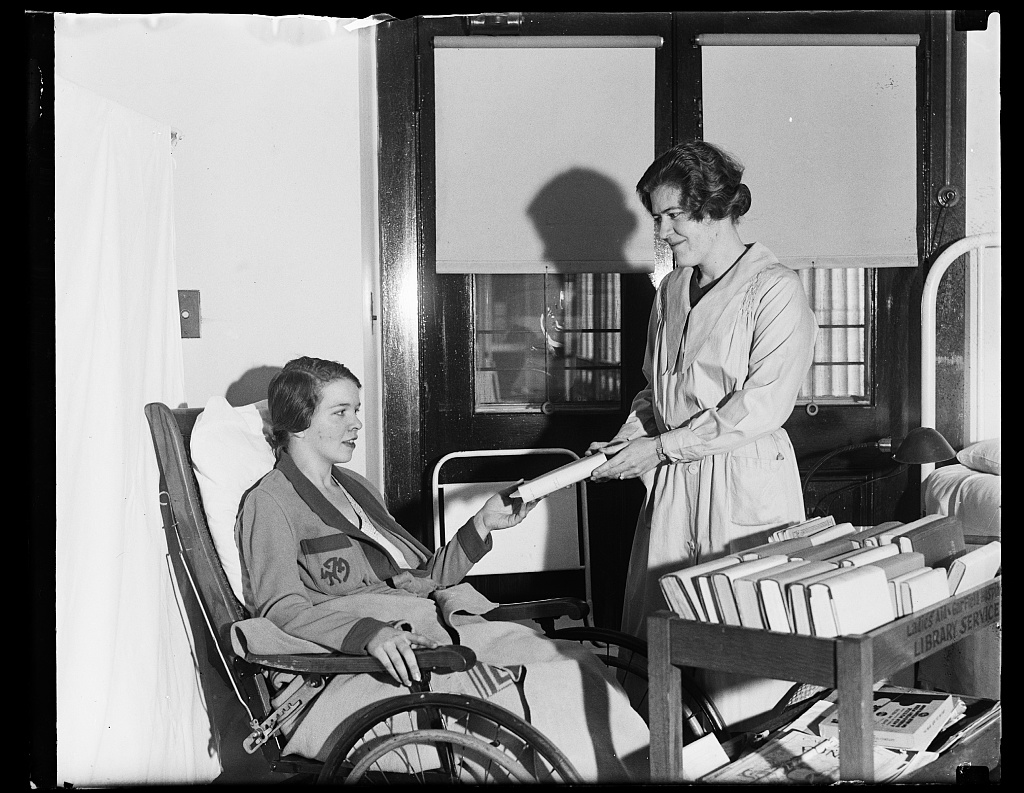
Course Description: What is the relationship between bioethics and the humanities? Both fields function as spaces to discuss and explore issues like death and aging, disability, personhood and moral status. Despite the growing perception of hard disciplinary divides between science and the humanities, the humanities form a relevant and essential body of work for understanding the human condition. Today, the ever-expanding field of health humanities offers sophisticated ways to approach and discuss traditional biomedical ethics by attending to artistic representation. Scholars, artists, and medical practitioners alike have noted art’s ability to help viewers recognize and appreciate new perspectives, develop new insight into the human condition, approach challenges with new tools, and adopt new strategies for communicating with wider and diverse audiences beyond academia.
In this course we will explore both classic and emerging issues in bioethics through the humanities. Using fiction, film, music, and other artistic media we will examine how the humanities represent, explore, and address various bioethical issues and how these texts can help us better address bioethical issues while also developing new modes for communicating our findings to a general audience. Each class will feature a set of artistic texts often paired with a bioethical case study. We will work together as a class to explore how various modes of art can help us constructively engage cases we may encounter. This course is designed for students who do not have a background in the humanities although, humanities students are invited to join and enrich the conversation.
At the conclusion of this course the student should have increasing expertise in : 1) utilizing multiple critical frameworks drawn from the humanities and bioethics in the critical analysis of bioethical issues, 2) Developing research-based moral arguments and acknowledge multiple points of view, and 3) writing clearly and communicating ideas effectively for a variety of audiences including the general public.
Undergraduate Teaching
ENG212: Stephen King and the Contemporary Canon
Spring 2019, Emory University Department of English
Course Description: Although he is known as the “Master of Horror,” Stephen King’s body of work is often genre-bending, combining mystery, suspense, science-fiction, fantasy, coming-of-age, and historical fiction. Despite (or, perhaps because of) his popular success, King’s place in the academy has been hotly contested. Some have dismissed any potential literary significance of King’s work by calling it page-turning pulp and gimmicky trash that is dumbing-down readers. Others see King as a misunderstood writer who has been marginalized from academic discourse due to his popular appeal and primary work in the maligned genre of horror.
In this class we will engage the debate about the canon, popular culture, and literary main stream appeal by studying texts from throughout King’s 40+ year writing career. Students will develop critical frameworks to analyze and write about King’s literary work as well as its reach in film, music, and television. We will historically situate his texts, discuss the genre conventions of horror and popular fiction, and put King in conversation with traditionally “canonical” authors like Flannery O’Connor, Edgar Allan Poe, Mary Shelley, Mark Twain, Toni Morrison, Shirley Jackson, and Bram Stoker. As we explore all things Stephen King, we will think through the following questions: In what ways can academia engage with popularly successful fiction as a subject of serious literary analysis? What is the difference between capital L Literature and fiction? How can we critically unpack “page turners” and “entertaining” books?
ENG101: Science and Certainty
Spring 2017 Emory University expository writing course
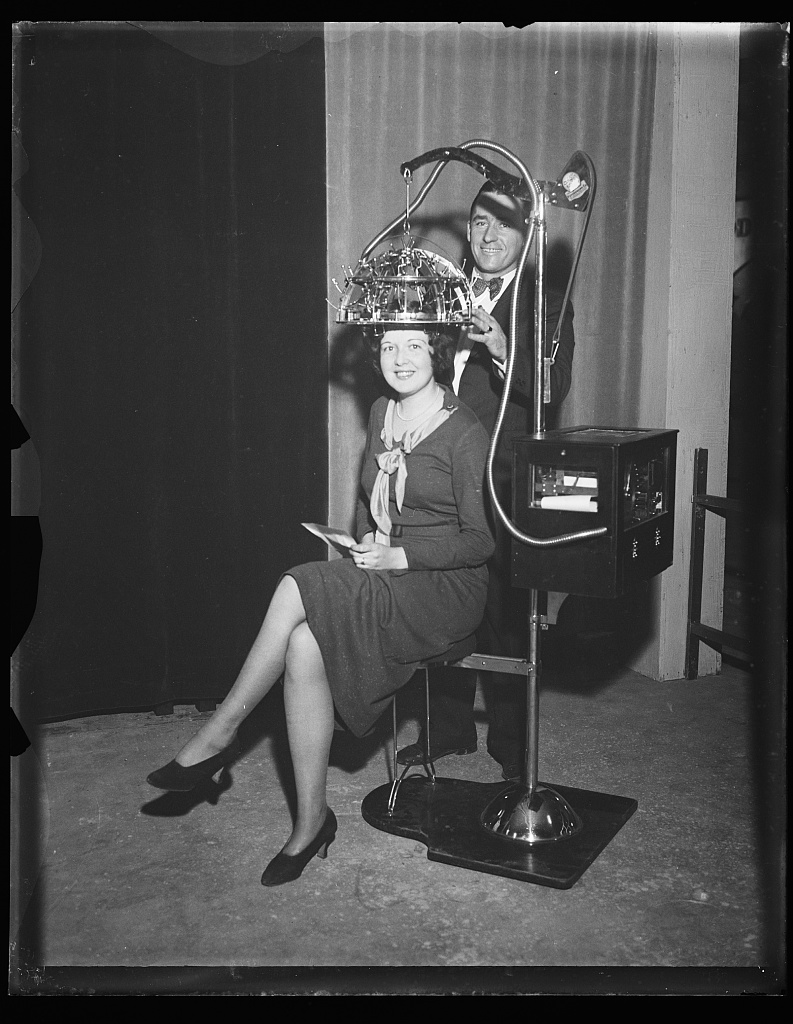
Course Description: Have you heard of the latest super food guaranteed to add twenty years to your life? How about the miracle fruit that melts fat away? As readers and consumers you are bombarded with claims that attempt to use science as evidence to support claims involving things like health, the environment, and even human relationships. Yet, science and evidence can be used to hide or obscure truth just as easily as they can be dispatched to find and communicate it. In this writing course we will use texts (those composed by others and ourselves) and the theme of science and certainty to learn about writing, create our own theory of writing, and compose our own texts. Throughout the semester you will develop writing skills that you can apply across disciplines in college and beyond. While the work you produce throughout the semester will serve as a primary text, we will also read and critically engage with multiple genres including, but certainly not limited to, peer-reviewed scientific journals, historical artifacts, textbooks, guidebooks, news articles, online content like blogs and Snopes.com, visual images, and popular media like commercials and television. In order to grow as writers you will be writing something during each class period. Other assignments include an annotated bibliography, presentation, and journal article. You do not need to be the next Rosalind Franklin, Neil deGrasse Tyson, or, if pseudoscience is more your thing, Franz Anton Mesmer to take this class. In fact, you do not even need a scientific background. We will be exploring scientific and pseudoscientific texts as developing writers and critical thinkers rather than professional chemists or biologists.
ENG282: Pathology in Print
Fall 2016 Emory University first-year writing course
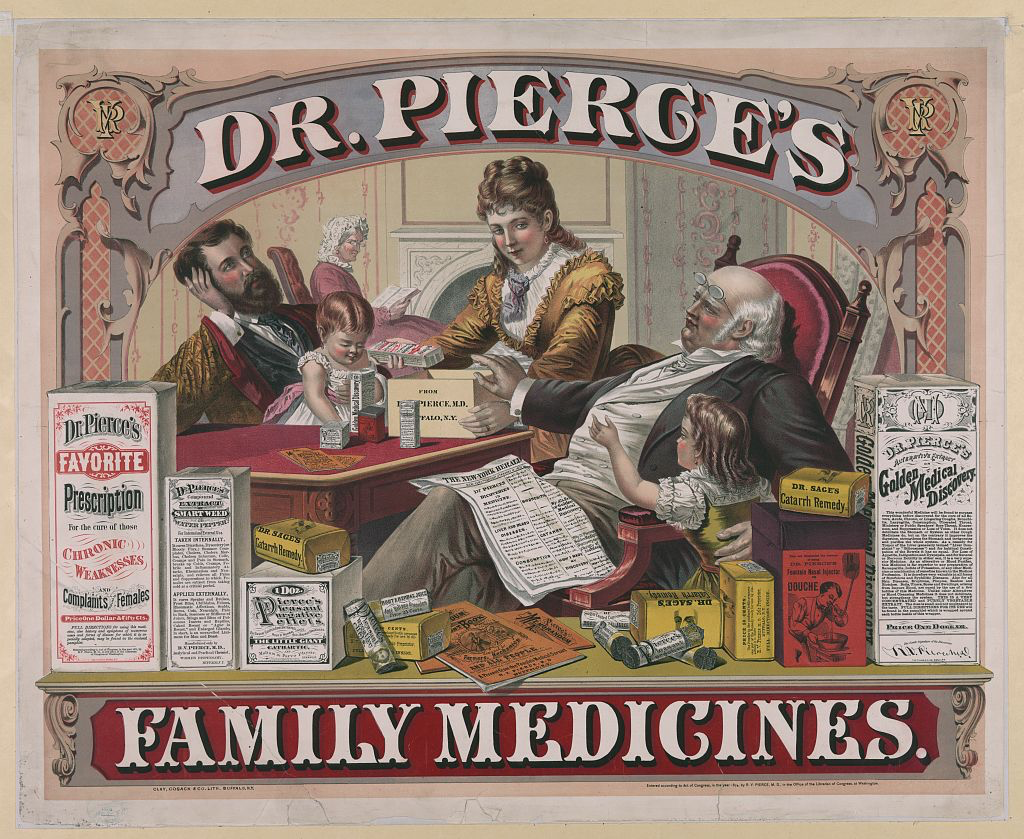
Course Description: Pathology, or the study of disease, is not limited to the scientific classroom. Literary texts are saturated with discussions and descriptions of various states and forms of disease. Turning to literature for narratives of disease provides us with important insight into the human condition such as the meaning of health and healing, death and mortality, disabled and non-disabled bodies. In this writing course we will use literature and the theme of pathology in print to guide us as we learn about writing, create our own theory of writing, and compose our own texts. Throughout the semester you will develop writing skills that you can apply across disciplines in college and beyond. The texts you will use as you develop as writers include short stories by Flannery O’Connor and Ernest Hemingway, excerpts from novels like A Confederacy of Dunces and As I Lay Dying, and, most importantly, texts you and your peers compose. In order to grow as writers you will be writing something during each class period and as part of a weekly blog post. Other assignments include a literary analysis, multimodal article, and a conference presentation.
Medical School Teaching
M4 Capstone: Disability Cultural Competence
Co-Instructors, Jennifer Sarrett and Rachel Kolb
April 2019, April 2018, and May 2017, Emory School of Medicine
FM1-Bioethics Block: GenEthics: Managing the Ethical Dimensions of Clinical Genetics & Genomics
Co-Instructor: Cristie Cole Horsburgh
February 2021, Cleveland Clinic Learner College of Medicine
Foundations of Resident Assessment, Mentorship, and Emotional Intelligence: DNR, Surrogate Decision-Making, End-of-Life
February 2021, Internal Medicine Residents Cleveland Clinic

